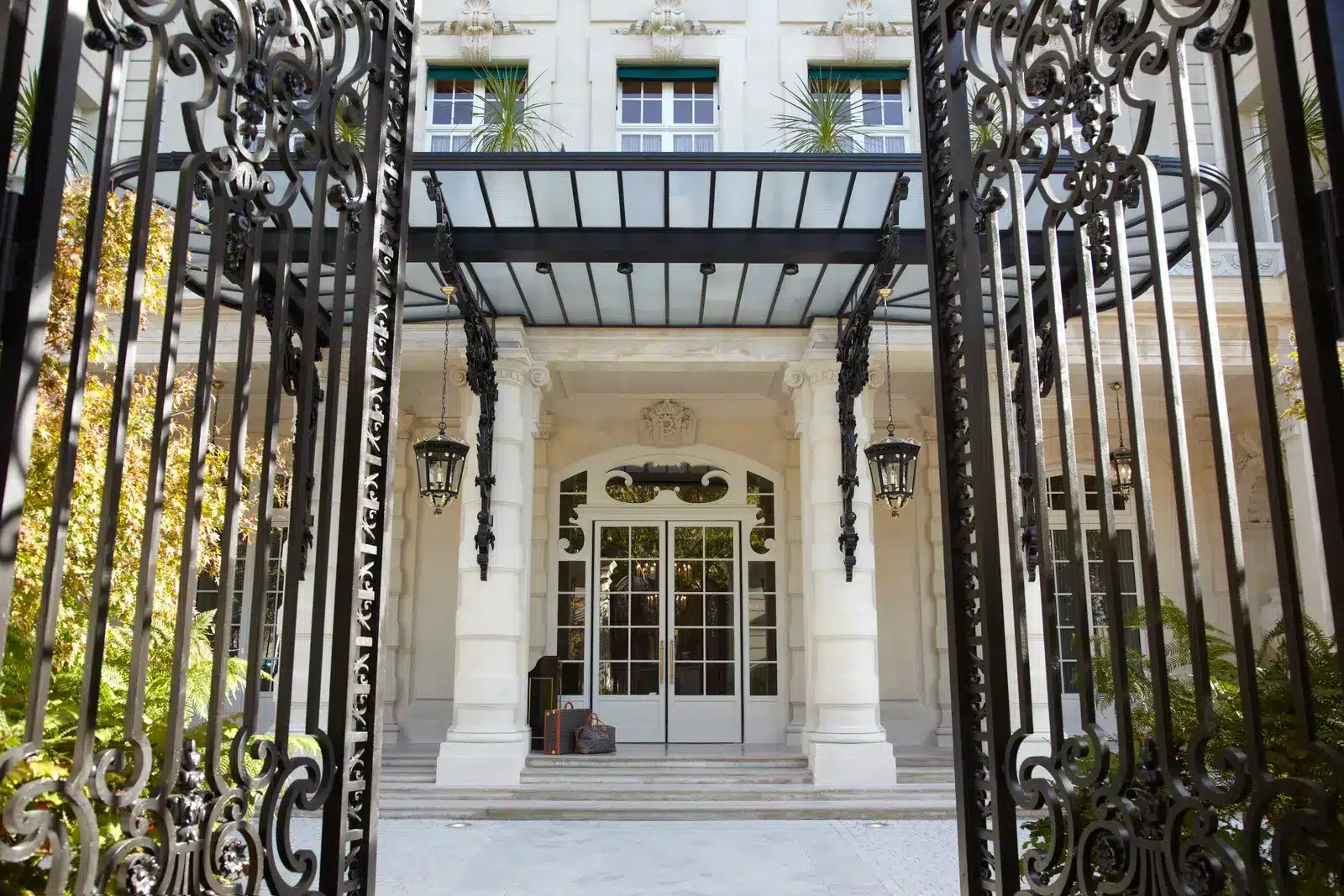DECARBONISING THE HOTEL INDUSTRY
Hotel decarbonisation refers to efforts to reduce carbon emissions and mitigate the environmental impact of the hotel industry. Due to its high energy consumption and impact on natural resources, the hotel industry has become a major target for sustainability and climate change initiatives.

Energy efficiency
Hotels can improve their energy efficiency by adopting practices such as installing LED lighting, using energy management systems, insulating buildings, optimising heating, ventilation and air conditioning systems, and using energy-saving equipment. Companies such as Cavallino Hospitality specialise in developing innovative solutions to reduce energy consumption in hotels.
Use of renewable energy sources
Hotels can install solar panels, wind turbines or other renewable energy production systems on their sites to reduce their dependence on fossil fuels.


Water management
Efficient water management is an important aspect of decarbonising the hotel industry. Hotels can implement water conservation practices, such as installing low-flow devices in taps and showers, using rainwater harvesting systems and educating guests about water conservation.
For example, by choosing Comptoir du Bambou household linen, hotels can take direct action to reduce water consumption. The bamboo used to make our bamboo fibre household linen does not require any additional watering or irrigation...
Reducing waste
Hotels can set up recycling and composting programmes, reduce single-use packaging, encourage sustainable procurement practices and raise awareness of responsible waste management among staff and guests. Cavallino Hospitality has set up a support programme to enable hotels to set up recycling and composting programmes, reduce single-use packaging, encourage sustainable procurement practices and raise awareness of responsible waste management among staff and guests. best practices to reduce their waste.


Awareness-raising and training
It is essential to educate and raise awareness among hotel staff about sustainability practices and the importance of decarbonisation. Training programmes can be put in place to encourage environmentally friendly behaviour.
Offsetting emissions
Hotels can also offset their carbon emissions by investing in carbon offset projects, such as reforestation, wind or solar power, which help to reduce emissions elsewhere.


Selection of responsible products
Hotels must adopt a virtuous approach by favouring products with a longer lifespan. Comptoir du Bambou specialises in household linen made from bamboo fibre. Fibre B. is a skilful blend of bamboo and cotton that enables household linen to last 3 times longer than traditional cotton linen.
By adopting these measures, the hotel industry can reduce its carbon footprint and contribute to the fight against climate change. More and more hotels are taking this approach, recognising the importance of sustainability and the positive impact it can have on their reputation and long-term profitability.





